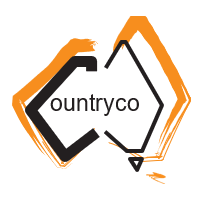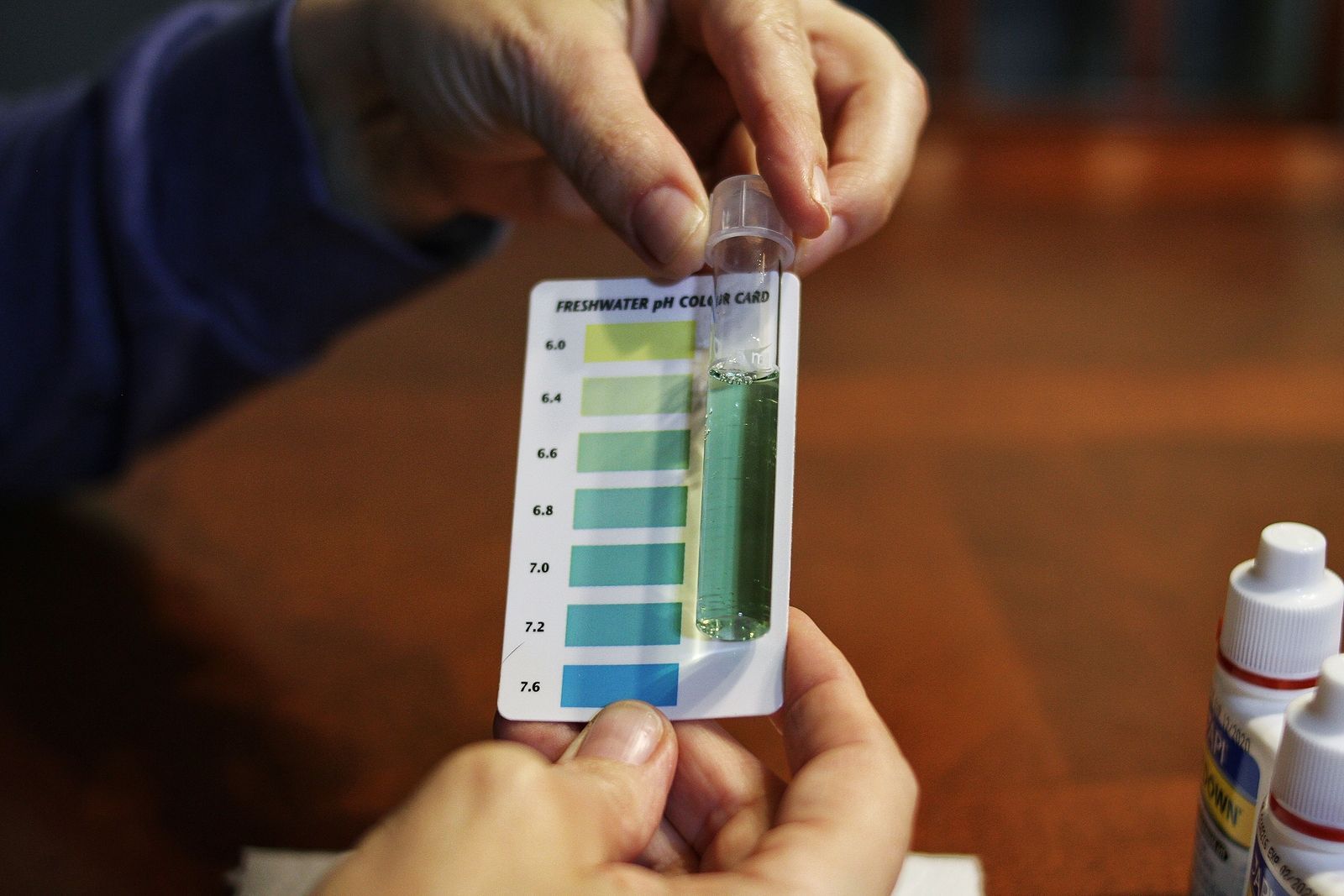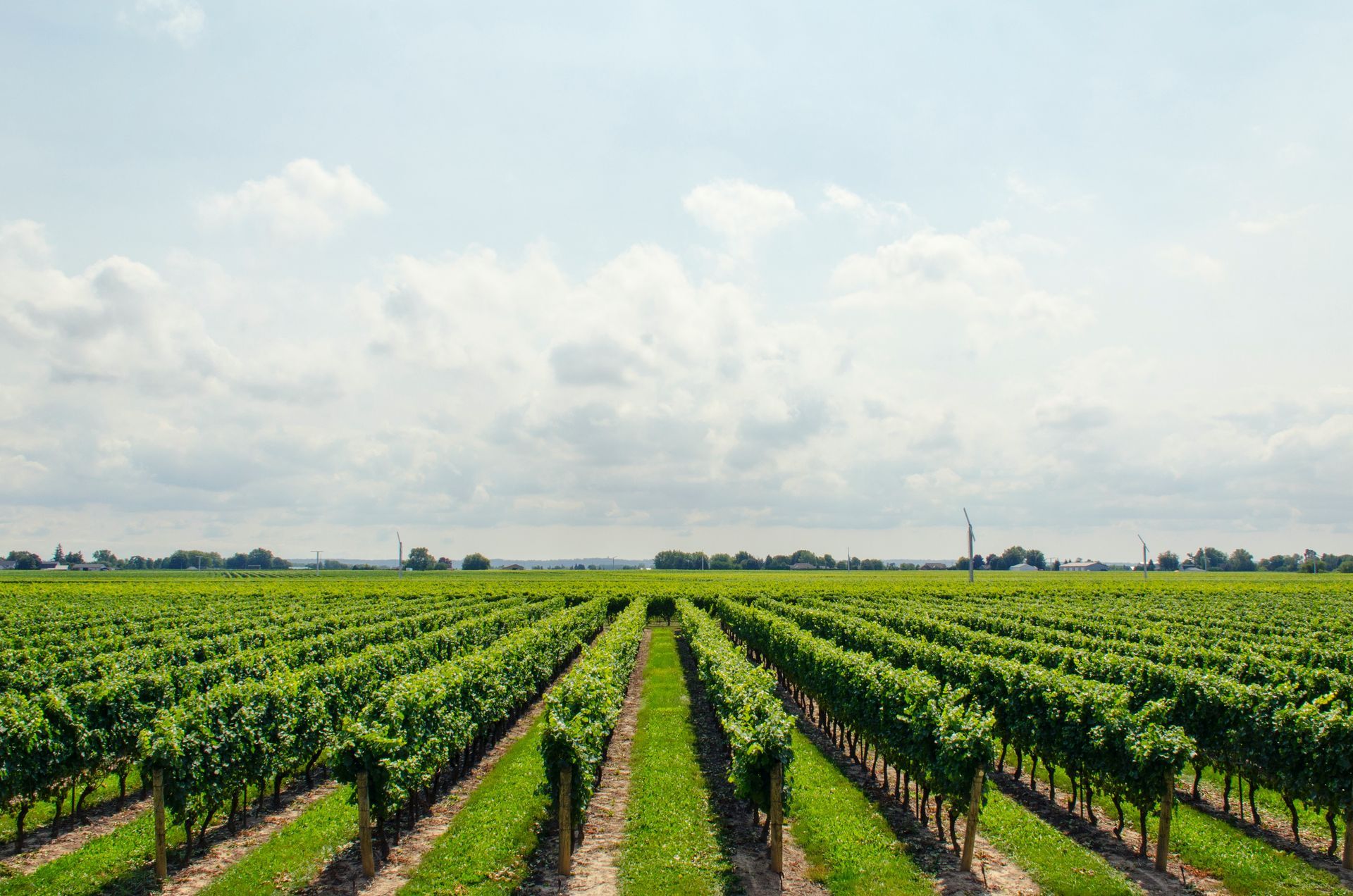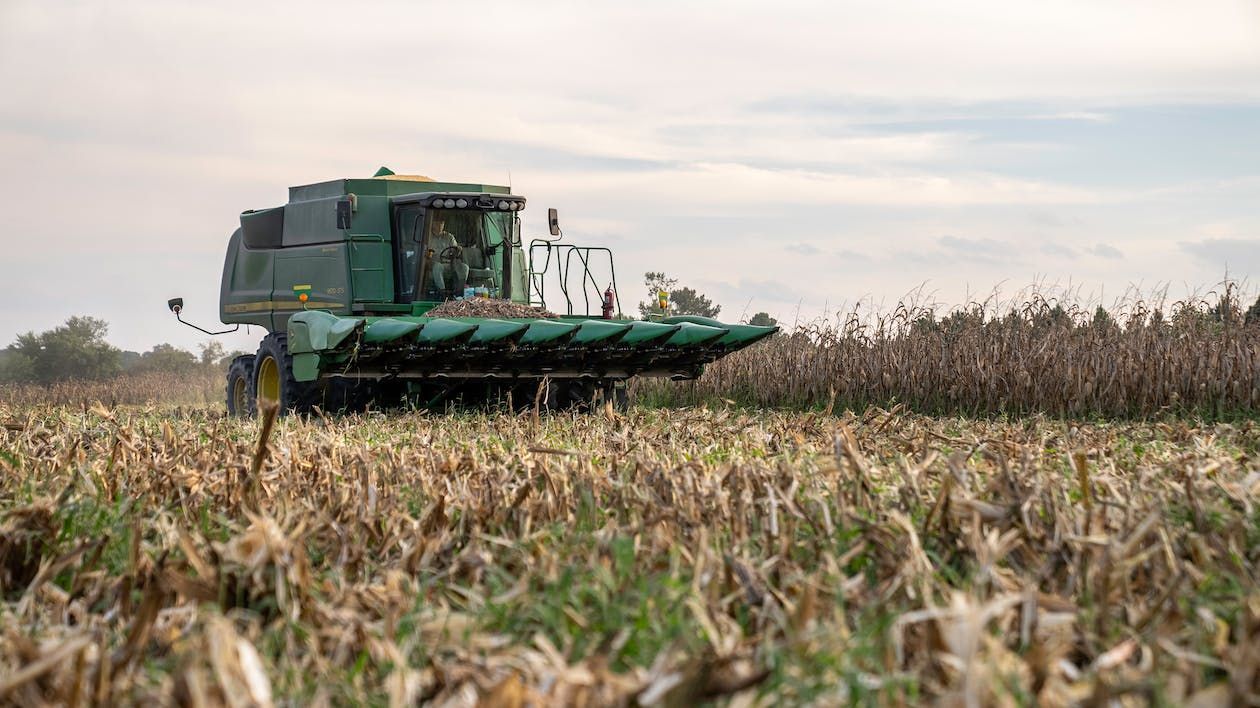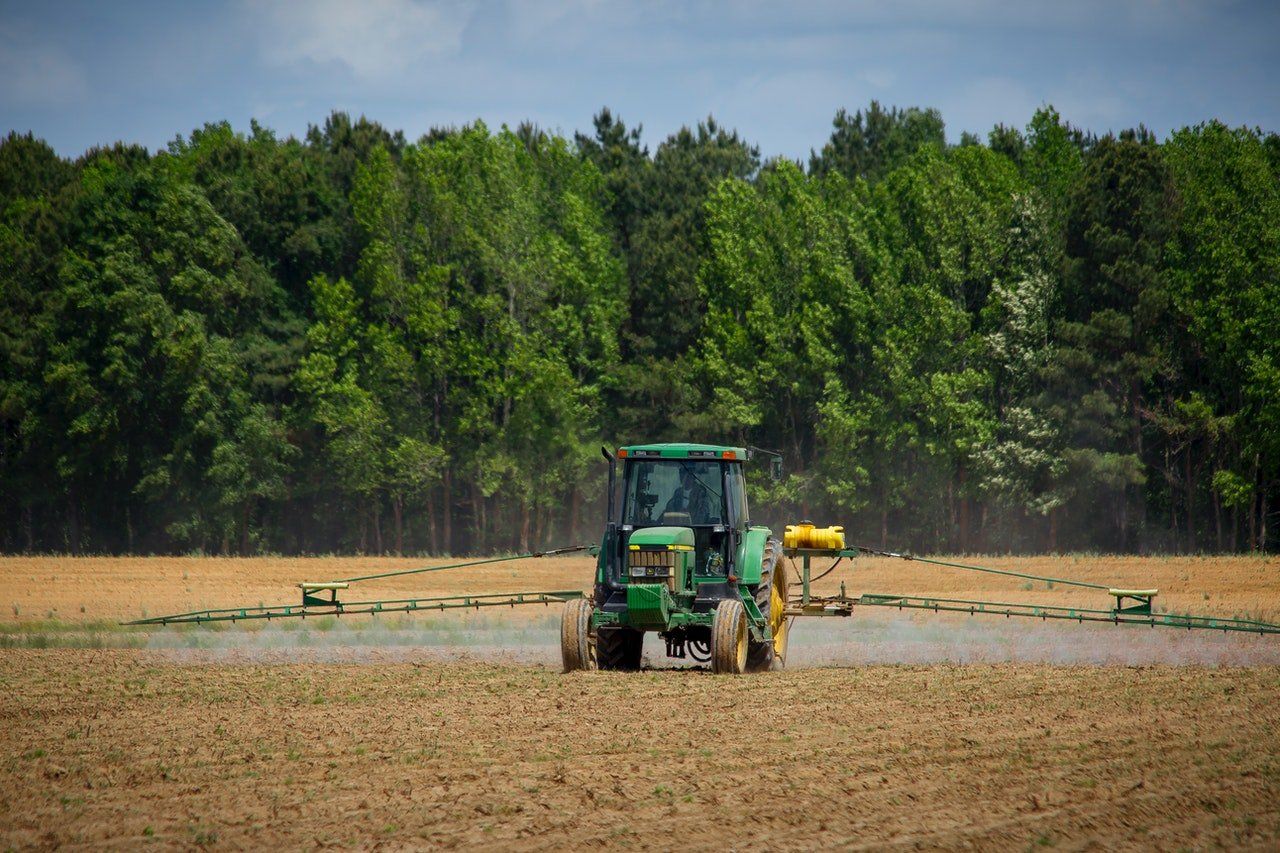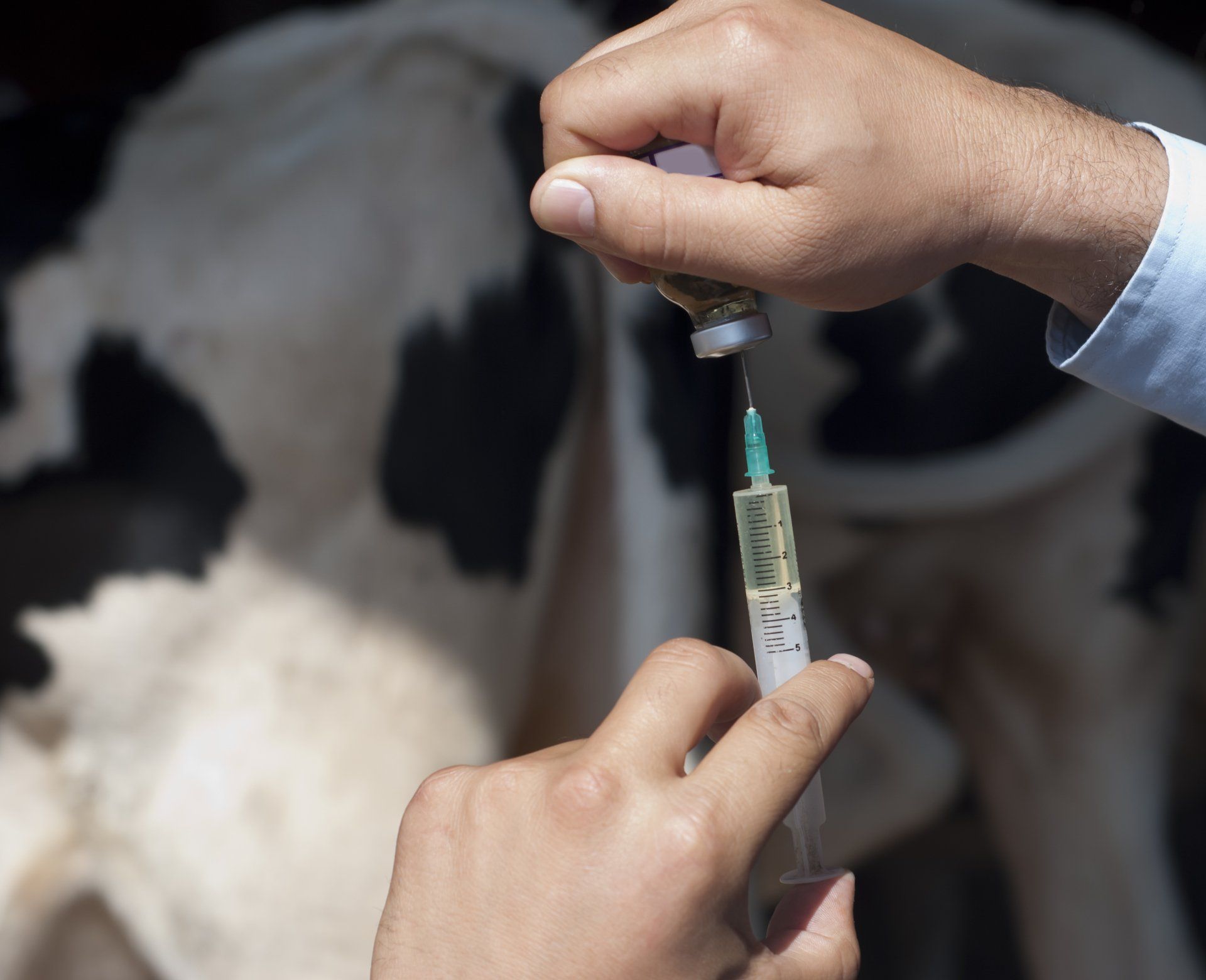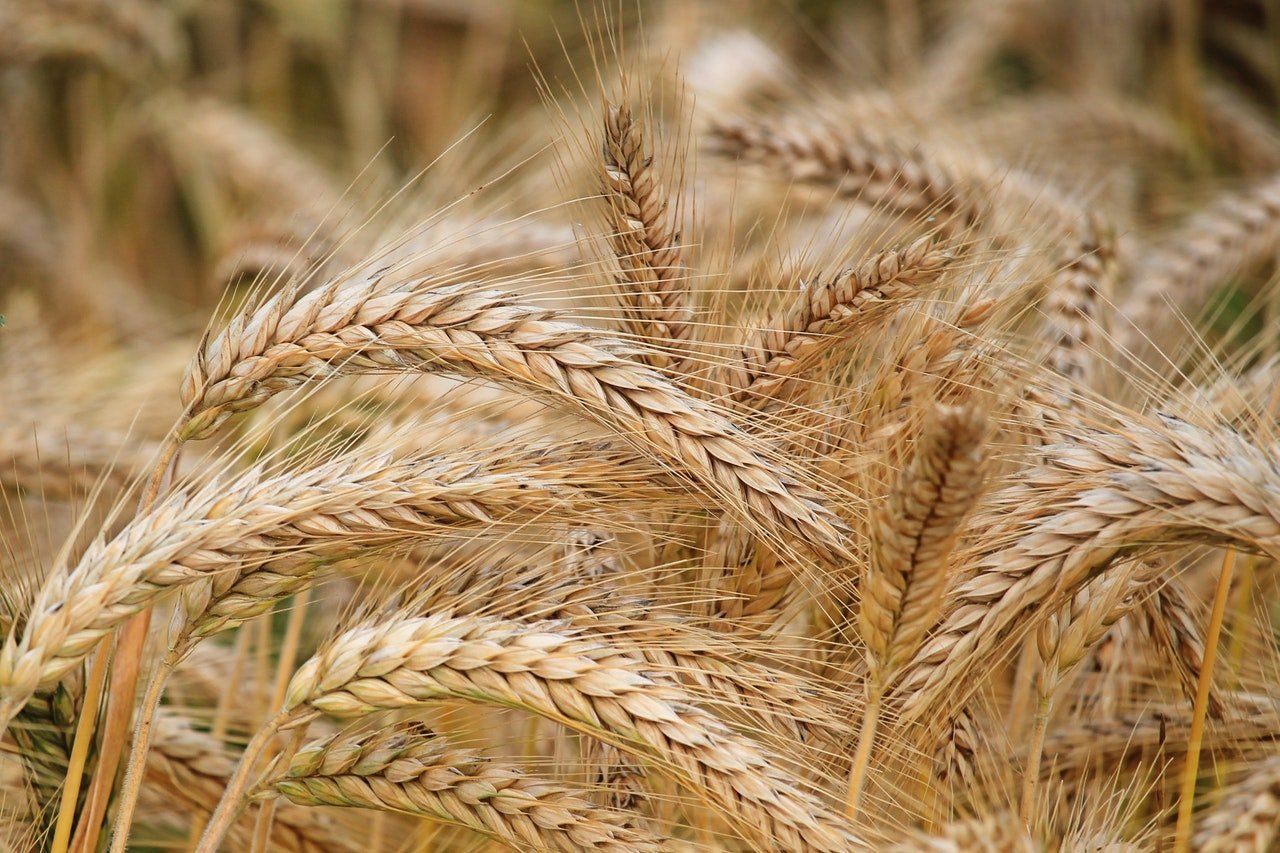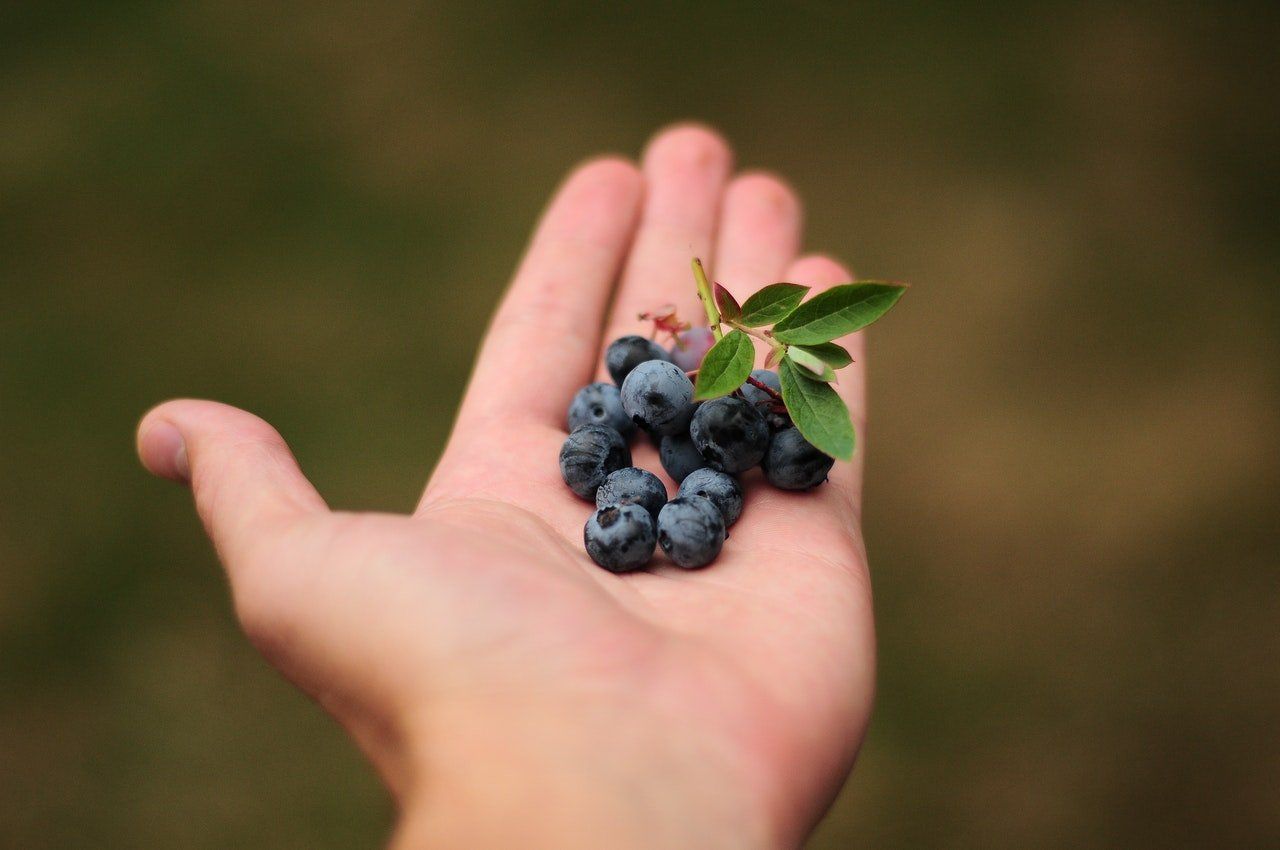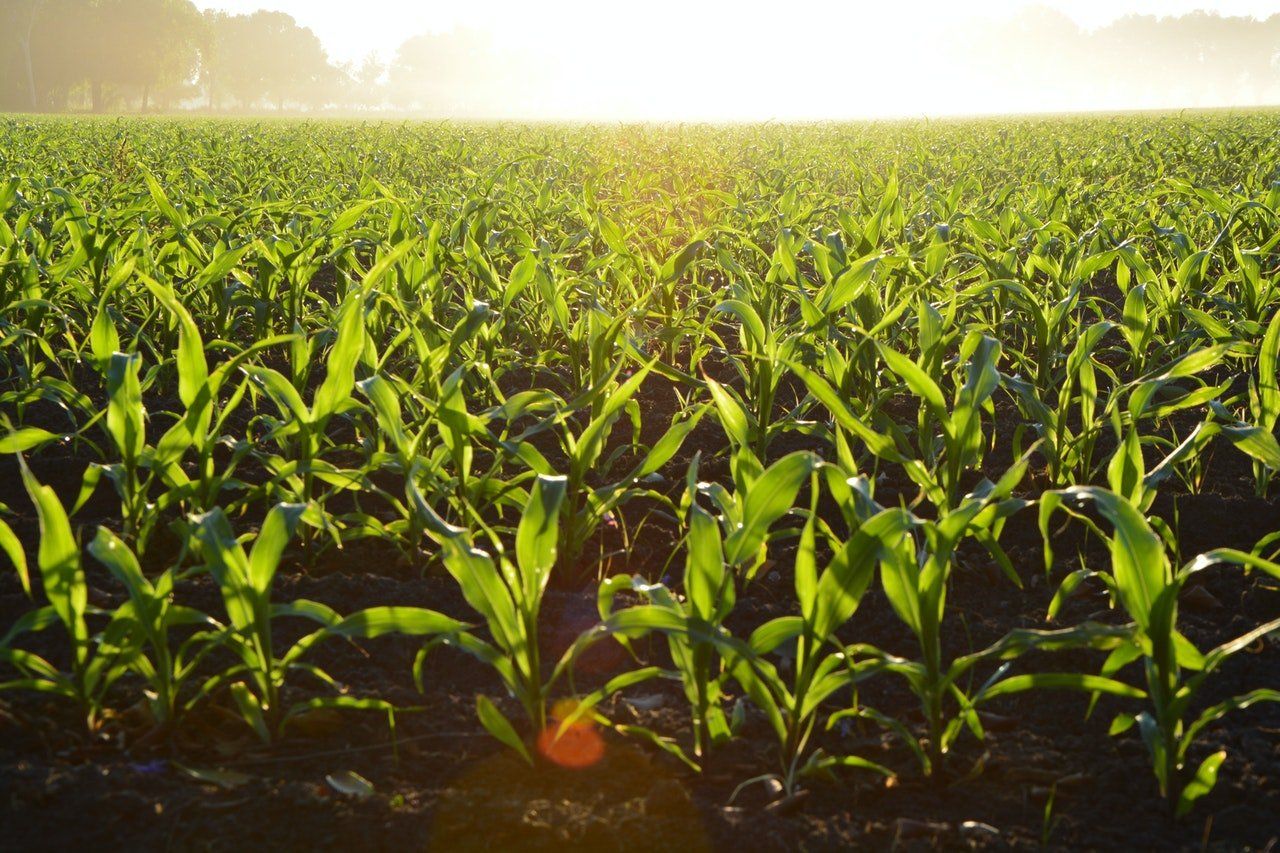By Countryco Ag
•
June 24, 2022
Nothing can be compromised when it comes to people's health. Keeping your product healthy should be your top priority if you are a food business. As per stats, the size of the global agricultural market is expected to reach a massive $18,814.21 billion in 2026. This proves that there is and will be a lot of competition in the market. As agriculture businesses keep elevating the competition, they try to serve people faster. As a result, pesticides and insecticides have increased a lot in agricultural products. Yes, the use of chemicals is necessary, but Chemical handling management is equally important. The chemicals used in farms for stimulating the growth of food items are not just bad for humans but also for the environment. So what to do in such a scenario? Chemicals cannot be stopped entirely as they save crops from pests, but some practices can be implemented to ensure their safe and appropriate use. What are the various chemical contaminants? One of the key concerns of industrialists is the source of chemicals. It is worth noting that food contaminants are not just bound to the agricultural field. It is not necessary that the chemicals only come from the field. There can be other sources, too, including the supply chain. Here are some of the potential sources of food contaminants! Industrial chemicals: It is pretty obvious that to ensure cleanliness in the production area, sanitisers, detergents, and many other products are used. If you are not using them mindfully, they may affect the quality and integrity of the food items, whether the whole packaging or just assembling. Make sure that any of your industrial chemicals are not used in the food production, assembly or packaging area. Preservatives: Apart from industrial chemicals, there are chemicals that are not accidentally but are intentionally added to various food items. These chemicals are either added to improve the food's taste or enhance the products' shelf life. Although these chemicals are useful for the food item they are used in, the cooking of the food item may unlock the contaminant effect of the ingredient. Therefore, they can affect the integrity of the food item. To prevent food contamination from preservatives, carefully follow the cooking instructions. Moreover, source the food from a verified supplier. Naturally occurring contaminants: Naturally occurring contaminants are the ones that you can only avoid if you stop consuming that food item. These contaminants are found by default in the food item that is not harmful to the food item but it is undoubtedly harmful to humans. Some examples of naturally occurring toxins in food are Aflatoxins in peanuts. Poisonous neurotoxins in mushrooms. Sscrombotoxins in fish Primarily, these contaminants are found in seafood like shellfish. An example of an illness caused by a naturally occurring toxin is Paralytic Shellfish Poisoning. Toxic metals: The utensils in which food is cooked play a key role in contaminating it. For example, when a product with acidic content is stored or cooked in a metal container, it will react abruptly with the food item, leading to contamination. To ensure this does not happen, ensure that the utensils used for cooking the food are made of food-grade materials. On top of that, store the food items in safe containers like food-grade plastic. Agricultural contaminants: As discussed earlier, agricultural contaminants are one of the primary sources of food contamination. The use of harmful chemicals in farms is not just polluting the environment but also contaminating food items. To ensure you do not consume contaminated food, buy organic products from a verified supplier. Moreover, always wash the fruits and vegetables before consuming them as it will remove any pesticide or insecticide residue from them. How to undertake chemical handling management to prevent food contamination? As there are a lot of chemicals and toxins that can affect the quality of the food, there are ways that you can use to handle these chemicals properly . Makes sure you follow these methods carefully! Use a designated place for chemicals Being a responsible food producer and storage client, it is crucial to ensure that you are storing chemicals in a designated area of the production facility. If your facility does not have a designated area for storing chemicals, find an area that can act as one. Storing some of the food items where they are required may seem convenient, but time and again, you may find issues with your products. Hence, it is ideal for keeping all the chemicals like iodine, ammonia, and chlorine away from food, food equipment, and food contact surfaces. Make use of labelled or colour-coded containers for storing the chemicals Some food items and chemicals may look similar. If you incorrectly use any of them, it may jeopardise the food quality or lead to food waste. To ensure that anything like this does not happen, use colour-coded containers, labelled containers, or both. Including such containers for storing the products will promote identification and proper use. Keep a record of the chemical inventory Whether you are a farmer who grows the food or a factory owner, and you definitely need to keep track of all the chemicals you use. When the chemicals arrive at your plant, you can record their batch numbers to keep track of them. Recording the batch numbers will also help you analyse them during the audit. You can easily find out if any of the chemicals have expired, whether their labels are valid or not, and more. This will further help you know when to restock any of the chemicals. On top of that, checking the inventory will also enable you to know where the chemicals are used. Moreover, suppose there is any chance that the food items get contaminated. In that case, you can always check the records to know which chemical was used recently and take necessary action accordingly. Keep up with the pest control officer Chemical handling management can become easy if you are supported by a PCO. It is obvious that the food will attract pests, so you need to have pest control chemicals to take care of them. However, one may not know which pest control chemical can be used around food or if it can be brought near to the food. In such a scenario, you must keep up with a pest control officer (PCO). They can guide you well while taking care of the food and using pest control chemicals. Provide proper training to the staff The power of a food business is its staff which means that the business has to train its staff in the best way. To ensure that the final food yield of your company or business is good, keep a close check on the chemical safety training of the employees. If you have a chemical handling course, ensure that each employee takes it and gets a chemical handling certificate. If you are hiring new staff, ensure that the hired person has some kind of licence for handling chemicals. Employee Training for Chemical Handling Management So far, we know what chemical handling management is, its causes, and that you have to provide training to the employees. But, what the training includes, what issues the trainees face, etc., are still uncovered. Let’s read ahead and find out the answers to this! What mistakes do trainees make, and how they can be corrected? There are certain mistakes that trainees make while working on the floor. Inventory missing: Inventory may be missing from your company’s storage facility, and it can be due to a lack of record-keeping. Cleanliness: Cleanliness of the place where food or chemicals are kept is of utmost importance. Due to the inclusion of more people or due to a busy schedule, trainees may fail to maintain it. Critical Aspects of Chemical Handling Management Program! Here are some key aspects you need to teach the trainees in a Chemical handling course! Educate them about the storage of chemicals in a dedicated area to prevent cross-contamination. Tell them about the harmful chemicals and combinations, like chlorine and ammonia. The mixture of both can produce poisonous gas. Allow them to learn about the proper dilution of chemicals by studying their labels. Use chemical dispensers and tell your trainees how to use them. Help them understand why labelling is important and teach them how to do it. Train them to properly and carefully wash fruits and vegetables. Conclusion Managing chemicals can be critical for your business in the long run as they directly impact product quality. To ensure this does not happen, provide the best training to your staff with CountryCo. With our chemical handling course, you can instil the best skills in your employees. Our training courses are updated with the latest DEPI and EPA guidelines. To get a Chemical handling certificate for your employees, you can analyse our training schedule to book a session today! You can learn more about us in this guide !

